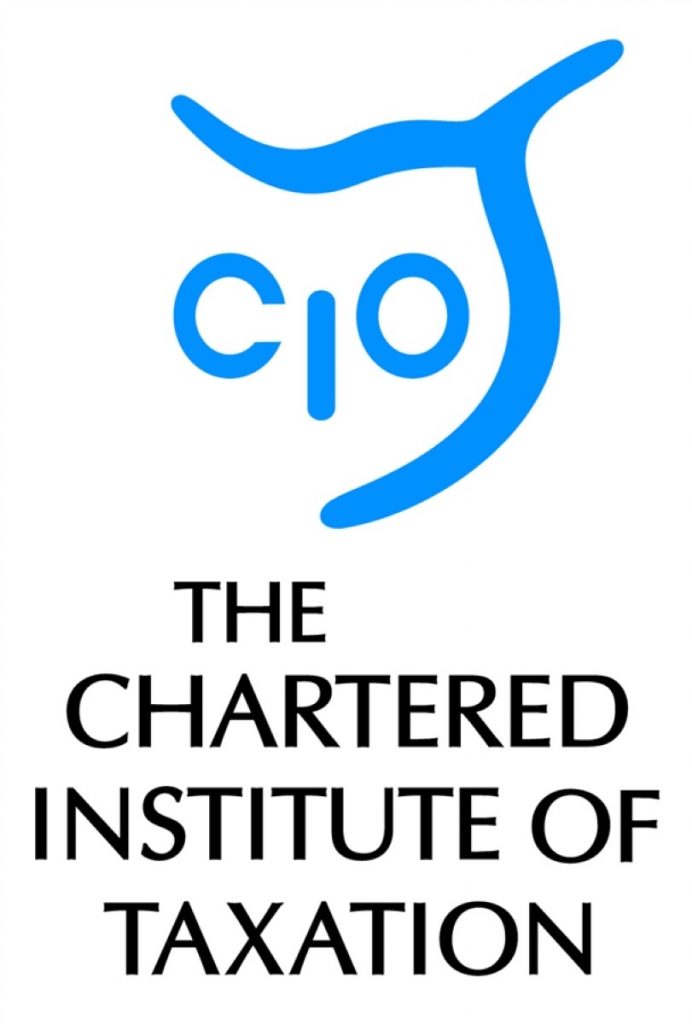CIOT: Employment Income Through Third Parties
The Chartered Institute of Taxation (CIOT) believes that the Government’s approach to counter attempts to avoid tax through payment of ‘disguised remuneration’ is far too complex.
The Finance Bill includes extensive legislation targeting arrangements involving third parties and which defer or avoid income tax on rewards from employment or avoid restrictions on pensions tax relief.
Colin Ben-Nathan, Chairman of the CIOT’s Employment Taxes Sub-Committee, said:
“We support the Government in tackling tax avoidance involving rewards paid via third parties but we think the legislation in the Finance Bill is far too complicated and risks creating problems as well as solving them.”
Although the Government have amended the draft legislation originally released on 9 December 2010, the scope of the new rules remains extremely wide and the new exclusions that have been included are intricate and heavily qualified. Altogether the new legislation now runs to some 59 pages (compared with the original 25 pages), it is highly prescriptive and includes some 14 separate tax avoidance tests governing when and how the new exclusions will apply.
Colin Ben-Nathan added:
“We think that employers will face real difficulties in trying to assess how they stand with this new legislation and that they are likely to need to take advice to arrive at a considered view. Even then that does not necessarily mean that HMRC will agree with the view that has been taken, leaving employers open to potential uncertainty on whether or not tax charges arise and at what point. We suspect many employers will want to seek clearance from HMRC on their particular arrangements and we wonder whether HMRC has the resources to cope and what the turnaround time will be.
“The new legislation is penal and it overrides the longstanding rules under which benefits-in-kind are normally taxed. Notwithstanding the new exclusions, we think it could still impact in mainstream situations involving some employee share plans, some pension schemes, joint ventures, private equity arrangements, smaller businesses, earn-outs and, notably, international businesses looking to locate employees in the UK. Even if these problems are addressed, the approach taken by the legislation risks creating new problems and loopholes.”
NOTES FOR EDITORS
The legislation to tax ‘disguised remuneration’ is included in the Finance Bill, published on 31 March 2011, at Clause 26/Schedule 2.
This followed a period of consultation after draft legislation was published as part of the Autumn Tax Update on 9 December 2010. The Government said at the time that “although the legislation creates a new income tax charge it is not expected to have a material impact on the tax obligations of the vast majority of businesses. The administrative burden of the measure is therefore thought to be negligible”.
However, there were serious concerns raised during the consultation period that many ordinary commercial arrangements that have no tax avoidance motive would potentially remain within the scope of these rules and that this would indeed add to both the administrative burden and the absolute tax cost for UK business and those potentially looking to do business here. Accordingly, HMRC put together a list of ‘Frequently Asked Questions’ (FAQs) which sought to address a number of the points raised and indicate where the legislation would be amended to exclude arrangements that had nothing to do with tax avoidance. This list was published on 21 February 2011. The list was subsequently updated on 31 March and currently comprises 50 FAQs.
The CIOT’s full response to the Finance Bill legislation on disguised remuneration can be found at: www.tax.org.uk.
The Chartered Institute of Taxation (CIOT) is a charity and the leading professional body in the United Kingdom concerned solely with taxation. The CIOT’s primary purpose is to promote education and study of the administration and practice of taxation. One of the key aims is to achieve a better, more efficient, tax system for all affected by it – taxpayers, advisers and the authorities.
The CIOT’s comments and recommendations on tax issues are made solely in order to achieve its primary purpose: it is politically neutral in its work. The CIOT will seek to draw on its members’ experience in private practice, government, commerce and industry and academia to argue and explain how public policy objectives (to the extent that these are clearly stated or can be discerned) can most effectively be achieved.
The CIOT’s more than 15,400 members have the practising title of ‘Chartered Tax Adviser’ and the designatory letters ‘CTA’.
ENDS
Sophia Bell
Technical Team Administrator
D: +44 (0)20 7340 0553
The Chartered Institute of Taxation
Registered charity number 1037771
www.tax.org.uk
The Association of Taxation Technicians
Registered charity number 803480
Registered company number 2418331
VAT Registration Number 497 5390 90
www.att.org.uk
1st Floor, Artillery House, 11-19 Artillery Row, London SW1P 1RT





-01.png)